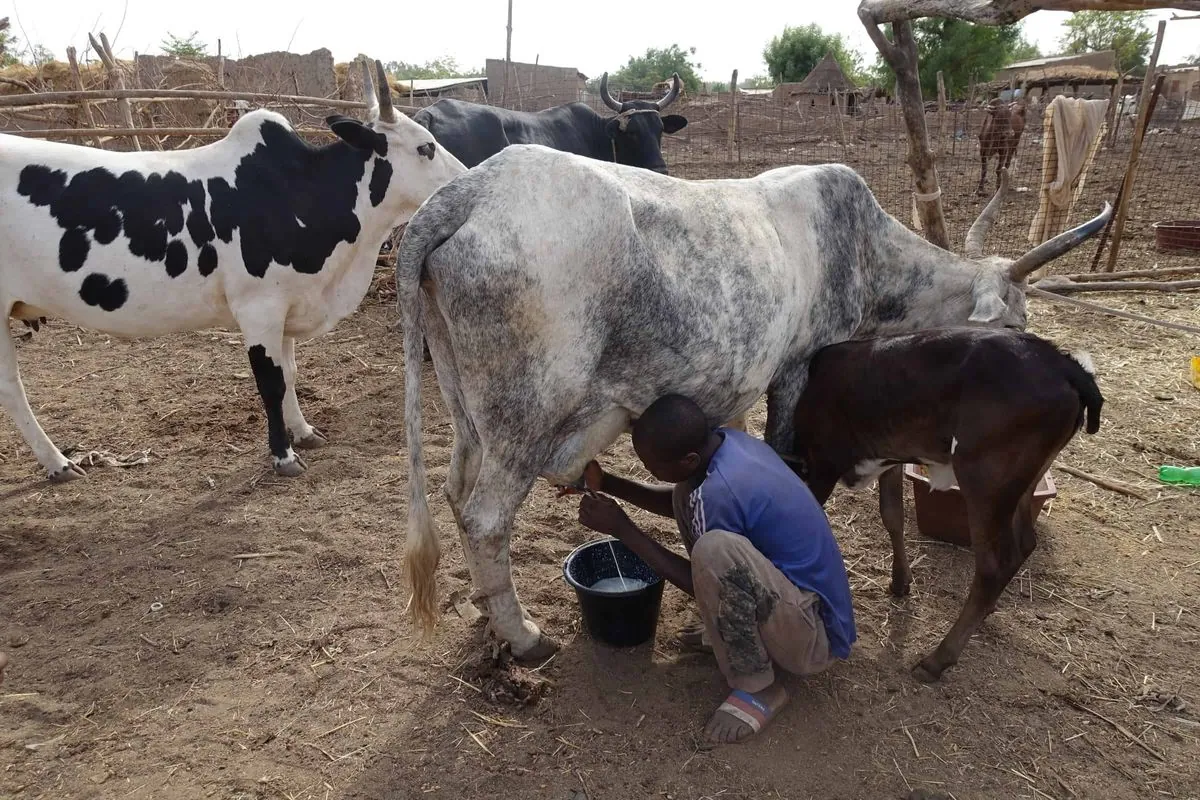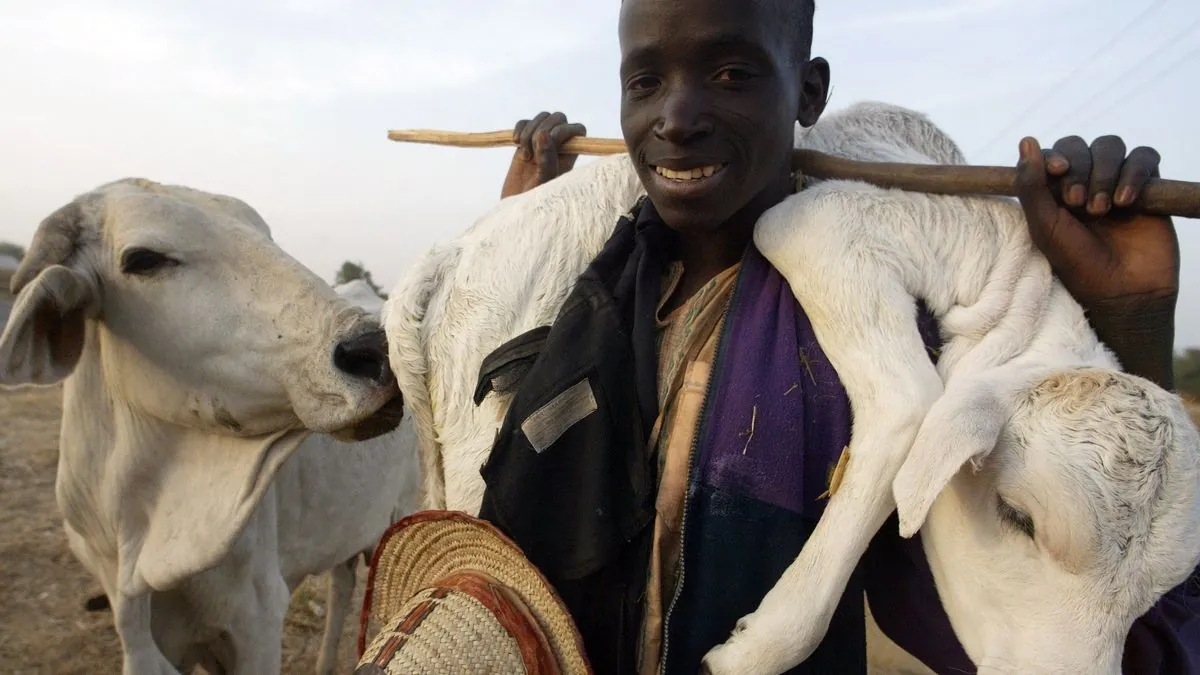Mali Closes Livestock Markets After Deadly Al-Qaida Attack in Bamako
Authorities in Mali's capital shut down livestock markets following a terrorist attack. The move targets Fulani-run businesses, raising concerns about ethnic stigmatization amidst ongoing security challenges.

In a recent development, authorities in Bamako, Mali's capital, have ordered the closure of several livestock markets following a deadly attack by al-Qaida-linked militants. This decision, announced on September 21, 2024, has raised concerns about potential ethnic stigmatization and its impact on the local economy.
The closure affects seven major livestock markets in Bamako, primarily run by members of the Fulani ethnic group. Abdoulaye Coulibaly, the governor of the Bamako district, cited "reasons of public order" for the closures, without specifying their duration.
This action comes in response to an attack on September 19, 2024, when militants targeted a military training camp and the airport on the outskirts of Bamako. The al-Qaida-linked group JNIM (Jama'at Nusrat al-Islam wal-Muslimin) claimed responsibility for the assault, which reportedly resulted in significant casualties. However, Malian officials have not yet released an official death toll.
The Fulani people, also known as Peuhl, constitute one of the largest ethnic groups in the Sahel and West Africa, with a population of approximately 40 million. Their communities span from Senegal to the Central African Republic, and they have traditionally been associated with nomadic lifestyles and livestock trading.

However, the disproportionate representation of Fulanis in Islamic militant groups operating in central Mali has led to widespread stigmatization. This perception has fueled tensions between ethnic groups and influenced government policies.
Rida Lyammouri, a senior fellow at the Policy Center for the New South, a Moroccan think tank, commented on the situation:
"This continues to feed into the narrative that all Fulanis support jihadist groups, which is not true. Jihadist groups do not discriminate on who could join, members of the group include Bambara, Dogon, Arabs, Songhai, and Tuareg, not only Fulanis."
Mali has been grappling with an insurgency for over a decade, alongside its neighbors Burkina Faso and Niger. The security situation has been further complicated by recent military coups in all three nations. These political upheavals have led to the expulsion of French forces and a shift towards reliance on Russian mercenary units for security assistance.
Since taking power, Col. Assimi Goita has struggled to curb jihadist attacks, with incidents increasing in central and northern Mali. In July 2024, an al-Qaida ambush resulted in the deaths of approximately 50 Russian mercenaries, highlighting the ongoing security challenges.
While attacks in Bamako are relatively rare, this recent incident has underscored the persistent threat faced by the capital. The closure of livestock markets, a crucial economic activity, may have far-reaching consequences for local communities and the broader economy.
Mali's rich cultural heritage, including the ancient city of Timbuktu and the Great Mosque of Djenné, stands in stark contrast to its current security challenges. As the country navigates these complex issues, balancing security concerns with economic needs and ethnic inclusivity remains a critical challenge for the Malian government.


































